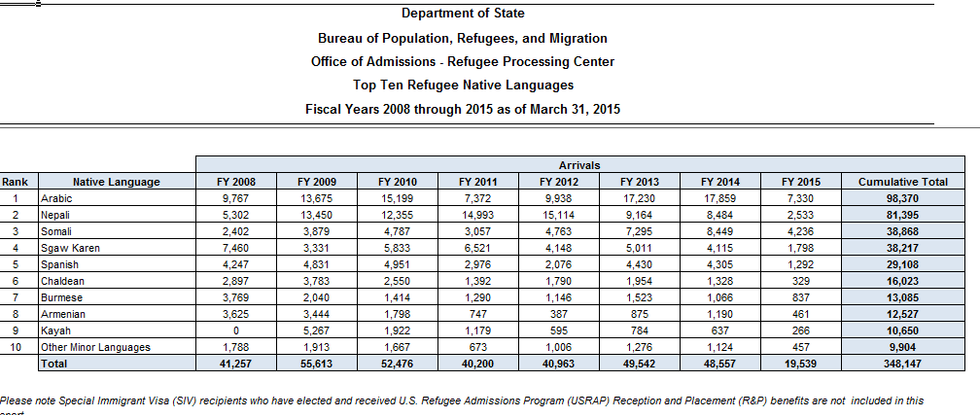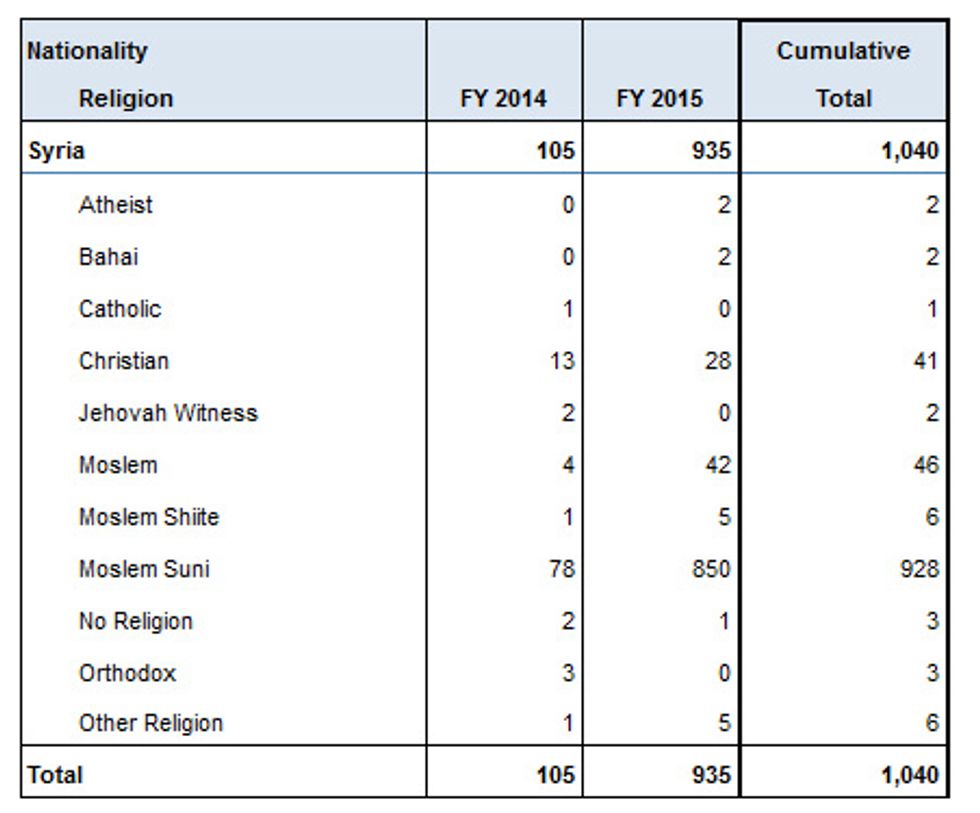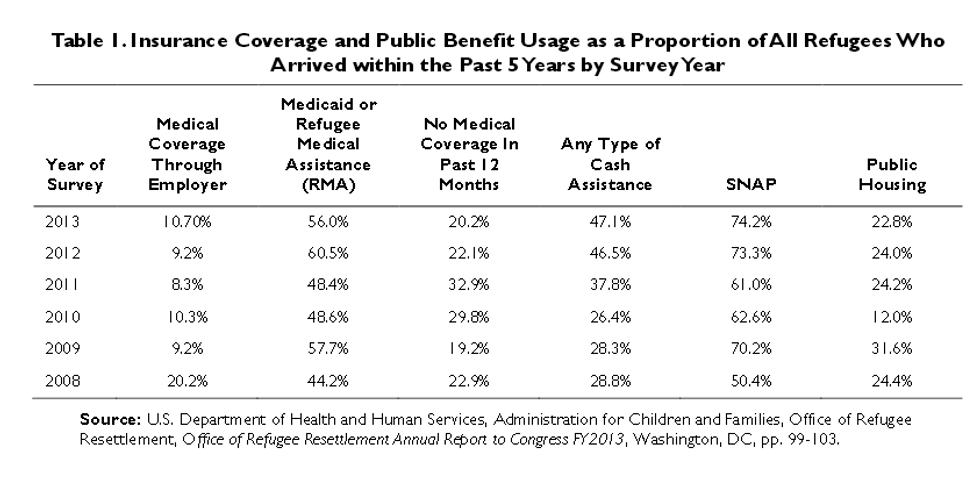
© 2026 Blaze Media LLC. All rights reserved.
This week, Rep. Babin introduced the Resettlement Accountability National Security Act (H.R. 3314), which places an immediate moratorium on the refugee resettlement program until Congress reauthorizes it with a joint resolution. The idea behind this legislation is to give the Government Accountability Office (GAO), the legislative arm of Congress, time to research the cost and scope of the program so that the people’s representatives can finally audit this unaccountable, costly, and security-challenged program.
America has served as a beacon of freedom for millions of people who have come as refugees since World War II to escape tyranny and seek the American dream. In the past, refugees from Europe, the former Soviet Union, and Southeast Asia – just to name a few – have contributed immensely to our culture and economy.
But in recent years, much like the rest of our immigration system, the refugee resettlement program has become an insidious tool used by the elites to remake American society and burden the states with a huge fiscal drain. Worse, it has in many ways become a refugee resettlement program for thousands of national security risks from predominantly Muslim countries from volatile parts of the world without a proper vetting system in place. With Obama seeking to fundamentally remake America during his final 18 months in office, and with the increasing pressure to bring in more Muslim refugees from Syria, Rep. Brian Babin(R-TX) has stepped up to the plate by introducing the first piece of legislation to reinsert the people’s voice into the refugee process.
Every year, America admits roughly 70,000 (the cap since 2013) foreign nationals and grant them green cards under the refugee resettlement program. Our government has brought in a total of 448,463 refugees since FY 2009 and there are still another 24,000 refugees left before the ceiling is reached for this fiscal year. The selection of these refugees are largely influenced by the United Nations and a few bureaucrats in the State Department while the resettlement decisions are placed almost exclusively in the hands of rent-seeking private “charitable” contractors – with little regard for the priorities of the local residents.
In recent years, most of the refugees have come from Somalia, Iraq, Burma, and Bhutan. Those involved in the process have given little thought to the cultural and security issues some local communities might be confronted with in the coming years. Just take a look at the “success story” in the greater Minneapolis area for proof of where this is heading.
America has admitted 135,545 refugees from Iraq alone since FY 2007, according to State Department data. As Conservative Review has noted before, the Iraqi refugee program has been of particular concern because both Shia and Sunnis have claimed persecution in sectarian wars, but America has granted refugee status to elements of both that represent a security risk.
Rep. Babin is right to note that Texas has taken in more refugees than any other state thus far for this fiscal year. By my count, Texas has been the recipient of more refugees than even California since 2011. Shouldn’t the people of Texas have a say in such consequential and transformational decisions?
While it is hard to pull exact data on the religious affiliation of refugees, it is quite evident that in recent years there’s been an explosion in refugees belonging to the Muslim faith. Most of the refugees from Iraq are Muslim, as are almost all of the over 100,000 Somali refugees the U.S. has admitted since 1993. And although Burma is not a predominantly Muslim country, 2,484 of the refugees from there this fiscal year have been Muslim. Also, 94% of Syrians admitted since FY 2013 have been Muslim, and the pace appears to be picking up by the month.
Most tellingly, according to the State Department, Arabic is the most common language spoken by refugees and that has been the case for over a decade. Since FY 2008, 98,370 refugees have been native Arabic speakers and 38,868 have been native Somali speakers.

Brian Babin is right to demand a temporary moratorium on the program. There is no reason Americans should continue to incur such societal transformation without representation. Instead of starting out every year with an expectation of admitting 70,000 refugees every year – irrespective of their security, fiscal, or cultural considerations – we should begin with 0. From there, Congress needs to prioritize those who do not represent a true danger AND do not pose a security risk. Among the ruling elites and John Boehner, who controls the floor process, this legislation will be considered appalling. But among the American people, given the terrorism threats and the growing fiscal burden, this is just plain common sense.
Want to leave a tip?
We answer to you. Help keep our content free of advertisers and big tech censorship by leaving a tip today.
Want to join the conversation?
Already a subscriber?
Blaze Podcast Host
Daniel Horowitz is the host of “Conservative Review with Daniel Horowitz” and a senior editor for Blaze News.
RMConservative
Daniel Horowitz
Blaze Podcast Host
Daniel Horowitz is the host of “Conservative Review with Daniel Horowitz” and a senior editor for Blaze News.
@RMConservative →more stories
Sign up for the Blaze newsletter
By signing up, you agree to our Privacy Policy and Terms of Use, and agree to receive content that may sometimes include advertisements. You may opt out at any time.
Related Content
© 2026 Blaze Media LLC. All rights reserved.
Get the stories that matter most delivered directly to your inbox.
By signing up, you agree to our Privacy Policy and Terms of Use, and agree to receive content that may sometimes include advertisements. You may opt out at any time.








